“Wow, that’s a really great question, we’ve actually been discussing this issue internally!”
This was the response from my former CEO to a question I asked while interviewing for my last full-time job. This is the type of response we should all hope to generate at least once in an interview process, and especially with a key decision-maker like a hiring manager. The question I asked wasn’t complex. I was simply trying to understand the inner workings of a process that directly involved my role and what the implications were in various scenarios. My curiosity sparked a question that was timely and tapped into a current challenge the company was trying to solve. Clearly, I wasn’t hired based on that question alone, but I instantly knew that I had scored major points for my candidacy. It just so happened that the CEO was my first-round interviewer, and the rest is history.
One of the cardinal sins of interviewing is not having any questions to ask when the microphone is officially handed to you by your interviewer. It doesn’t matter if you’re a college student interviewing for an internship or an experienced leader vying for an executive role -- the quality and nature of your questions speak volumes about you as a candidate because they are a window into your inner world.
In our personal lives, we’ve all fielded questions that have made us pause, both for good and for bad. We’ve heard questions that greatly endeared us to our listener, and others that have made us question a person’s character, intelligence, agenda, or whether they were even listening to us at all. We have to remember that the interviewer on the other side of the table is just as human as we are and will be similarly impacted based on the questions they hear from us.
The questions you ask in interviews matter, because it’s the only time you have full control of the proceedings, so you need to make them count.
If interviews were a game of tennis, questions would be equivalent to a first serve, and your interviewer would serving for the majority of the match. Your answers are your best attempts to return serve, but like the game itself, you are at a disadvantage. When it’s finally your turn to serve, you need to be prepared to dictate the game, win points, and ultimately hold your serve. If great questions are aces and strong questions provoke good returns, what does your service game say about you?
What the Questions You Ask in Interviews Reveal About You
If you don’t have any questions to ask, it reveals a lack of interest, curiosity, preparation, and a host of other things that can end your candidacy. Conversely, asking good questions can reveal some of the following about you:
Interest: One of the key things employers look for is a candidate who is genuinely interested in the company and role at hand. Interest indicates desire. Humans and employers alike wish to be desired. Thoughtful questions that allow your target to reveal more of themselves are inherently endearing. To hire you, your employer most certainly needs to like you and feel confident that you like them.
Knowledge: How deeply you’ve researched the company & industry will be revealed. Your job as a candidate is to align your value with the company’s needs and position yourself to solve their challenges. This can only be done effectively based on your knowledge. Asking well-informed, and incisive questions will demonstrate your depth of knowledge, and ability to wield it. Performing extensive research on target employers will help bolster your credibility.
Resourcefulness/Motivation: Good questions can result from knowledge and intelligence, but also grit. Some candidates simply do a deeper dive to uncover information that can sharpen and differentiate their questions. Did you survey existing customers about your target employer’s product/service or uncover an obscure interview with a company executive? Going the extra mile will show how industrious you can be in finding answers and your willingness to do so.
Thought Process: Questions are wonderfully revealing about how you think. They can show how you make connections, see gaps, process information, identify what you don’t know and what’s worth finding out. Insightful questions can show that you’d be a worthwhile colleague to bring on board with a fresh lens to help them interrogate, untangle, & solve key challenges.
Values: Questions expose what you care about. Do your questions show that you are invested in the role and a long-term fit or that you are looking to extract as much value from the company as you can before you move on? What are your priorities when it comes to investigating the role and company at hand? Be sure to clarify them. Where your values lie, so go your questions.
As shown above, the questions you prepare can say a lot more about you than you perhaps previously thought. While you can always Google the “best questions to ask your interviewer,” they’re a poor and generic substitute for questions borne of your networking, informational interviews, and deep research efforts.
I once learned a great piece of interview advice from my colleague Anish Majumdar that goes something like this: for every question you get asked during an interview, you have earned the right to ask one back. In doing so, you are transforming an interrogation into a dialogue and demonstrating a level of confidence that not all job seekers are able. Asking questions can help equalize the balance of power in an interview, placing you on stronger footing and elevating your candidacy.
You are not an average candidate. Above-average candidates ask questions that stand out.
So, the next time your interviewer asks, “do you have any questions?”
What are your questions going to reveal about you?
Need help preparing stories & questions for an upcoming interview? I’d love to support you!
Book Now for a free consultation.
NIIATO@AVENIRCAREERS.COM | CALL/TEXT 917-740-3048

